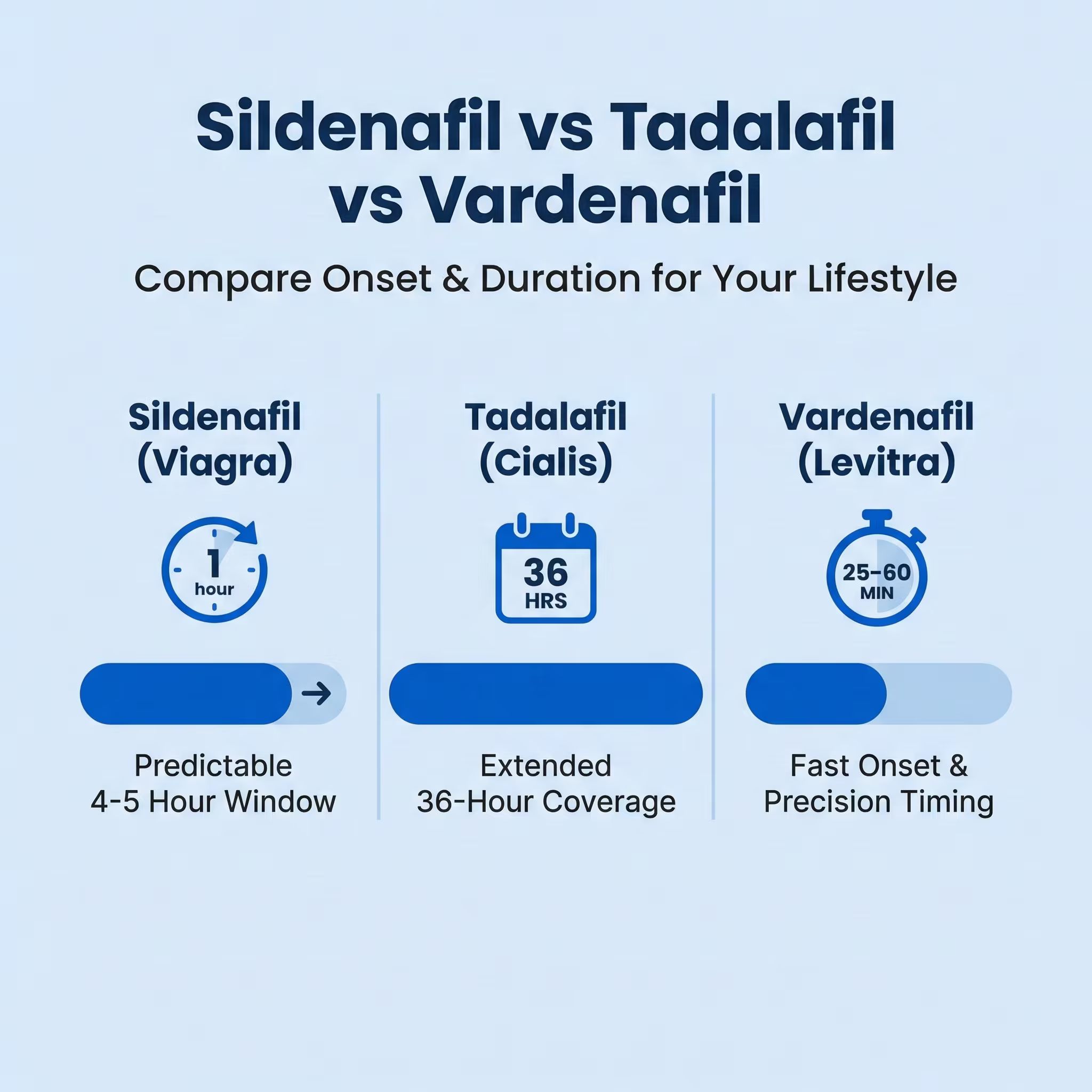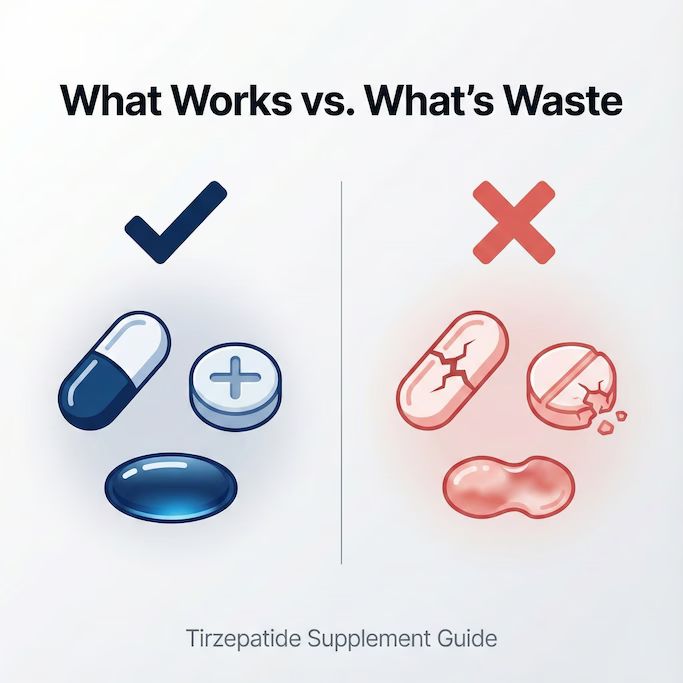Every so often some health influencer will take to social media and share their sugar detox journey. The results are almost always positive: cutting out sugar for even a relatively short amount of time can give you a slimmer waistline, more stable energy levels, sharper focus, and better skin, all while lowering your risk of diabetes, heart disease, high blood pressure, and other serious illnesses.
Despite these many benefits, there’s a reason why these kinds of detoxes are typically limited to a certain number of weeks (or days!) and why almost every influencer goes back to the sweet stuff eventually. Removing sugar from your diet is usually unsustainable, even when we know how dangerous the stuff can be when consumed in excess.
Fortunately, you don’t have to quit sugar cold turkey and never touch the stuff again. That’s because not all sugar is “bad.” Read on to find out the truth about sugar, what it does to your health when you have too much, and how to satiate your sweet tooth more mindfully.
Added sugar is the real problem
Before you start demonizing sugar, it’s important to distinguish the good from the not-so-good. Many healthy foods like fruit and whole grains contain natural sugars that don’t affect your body in the same way as added sugars. In a piece of fruit, for example, the natural sugars exist alongside other healthy nutrients like fiber, which slow down the absorption of sugars into your blood. This avoids rapid blood sugar spikes and crashes, which can lead to weight gain, insulin resistance, and diabetes over time.
In contrast, added sugar is the type of sugar that causes those spikes and crashes and has the worst impact on our health. These refined sugars are added to many different processed foods or drinks and are notorious for hiding in products you might not even consider sweet, like pasta sauce, premade soup, and crackers. Have a quick look at the nutrition label of any of your favorite boxed or packaged foods and you’re bound to come across added sugars.
So, how much added sugar is too much? According to the American Heart Association, men should not consume more than 9 teaspoons of added sugar a day, and women shouldn’t consume more than 6 teaspoons each day. But most people consume far more added sugar than recommended, with the average American adult consuming 17 teaspoons of added sugar every day.
Some perks of cutting back on sugar
When you cut down on added sugar, you may notice less belly fat, but that’s just the beginning. Studies suggest there are many health benefits associated with limiting sugar in your diet, including:
- Lower risk of heart disease: According to a study funded by the National Institutes of Health, cutting just 20% of added sugar from packaged foods and 40% from drinks could prevent more than 2 million cases of heart disease, nearly 500,000 deaths related to heart issues, and 750,000 cases of diabetes, over the lifetime of U.S. adults. Sure, you can’t really control whether the manufacturers of your favorite foods will follow this advice and cut their sugar content, but you can control which items to add to your shopping cart — and doing so may lower your risk of heart disease.
- Lower risk of diabetes: Research shows that people who replaced one sugary beverage (including fruit juice) with water or another type of unsweetened drink each day had up to a 10% lower risk of developing type 2 diabetes.
- Fewer dental problems: Research from the World Health Organization shows that reducing the amount of added sugar in your diet to 5-10% of your total calories each day can lower your risk of developing cavities throughout your lifetime.
- Better skin health: Excessive sugar intake is associated with accelerated skin aging and acne due to inflammation. In one study, men who followed a low-sugar diet for 12 weeks had less acne and lost weight.
- Enhanced cognitive function: Your brain uses sugar as an energy source, but too much sugar can age brain cells and cause memory and cognitive deficiencies.
- More energy: Added sugar can give you an initial spike in energy, but the eventual crash is almost inevitable. Limiting sugar and obtaining your energy from complex carbs and foods with natural sugars gives you a more steady and sustained supply of energy. Studies also show that a higher intake of added sugars results in worse sleep quality, so cutting down sugar may help improve your sleep and leave you with more energy.
Does sugar lower testosterone?
Studies indicate a link between excess sugar and low testosterone, likely attributed to weight gain and an increased risk of obesity. One study in particular found that after consuming sugar, subjects experienced an abrupt and significant reduction in total and free testosterone levels. Additionally, the American Diabetes Association points out that if you have diabetes, you’re two times as likely to have low testosterone than those without diabetes.
How to realistically cut back on sugar
The benefits of cutting down on sugar are clear, but how do you do it in a way that’s sustainable? After all, the best diet is one that you can actually stick to. Here are some tips to get you started:
- Cut back gradually: Cutting out sugar all at once can lead to some pretty uncomfortable side effects, like headaches and mood swings. Instead, look for small ways to cut back, like skipping one sugar in your coffee or replacing sugary cereals with less sugary options.
- Make your own sauces: Condiments like ketchup, barbecue sauce, pasta sauce, and salad dressing are often extremely high in added sugar. Try making your own or look for options with less sugar.
- Opt for full-fat: This may seem counterintuitive, but low-fat yogurts, nut butters, and condiments often make up for their lack of fat with sugar.
- Eat whole foods: Processed foods typically contain multiple ingredients (most of which you can’t pronounce) and too much sugar. Skip all that and head straight to the source by filling your shopping cart with whole foods, like fruits, vegetables, grains, and protein.
- Watch what you drink: Whenever you’re tempted to grab a soda, energy drink, or another beer, consider water instead. If a glass of water feels too boring, add some lemon or chopped fruit to the mix.
Dr. Cam’s Health Hack
Want to cut back on sugar, but feeling overwhelmed? Check out this easy advice from Dr. Cam, CEO of Maximus.
1) Eat homemade food
2) Without nutrition labels
3) Mostly animal protein
This minimizes:
1) Refined seed oils
2) Ultra-processed junk
3) Nutritional deficiencies
Some important takeaways
- The negative health effects of sugar are primarily associated with added sugar, which is found in many processed foods and beverages.
- Some health benefits of cutting back on sugar include weight loss, lower risk of cardiovascular disease and diabetes, fewer cavities, better skin health, improved cognitive function, and sustained energy.
- Limiting your sugar intake may also help you maintain healthy testosterone levels.
- You don’t have to cut out sugar entirely to improve your health — making mindful choices is the more sustainable route.
Disclaimer: The contents of this article, including, but not limited to, text, graphics, images, and other information, is for information purposes only and does not constitute medical advice. The information contained herein is not a substitute for and should never be relied upon for professional medical advice. The content is not meant to be complete or exhaustive or to be applicable to any specific individual's medical condition. You should consult a licensed healthcare professional before starting any health protocol and seek the advice of your physician or other medical professional if you have questions or concerns about a medical condition. Always talk to your doctor about the risks and benefits of any treatment. Never disregard or delay seeking professional medical advice or treatment because of something you have read on this site. Maximus does not recommend, endorse, or make any representation about the efficacy, appropriateness, or suitability of any specific test, products, procedures, treatments, services, opinions, healthcare providers or other information contained herein. Maximus is not responsible for, nor will they bear any liability for, the content provided herein or any actions or outcomes resulting from or related to its use.










